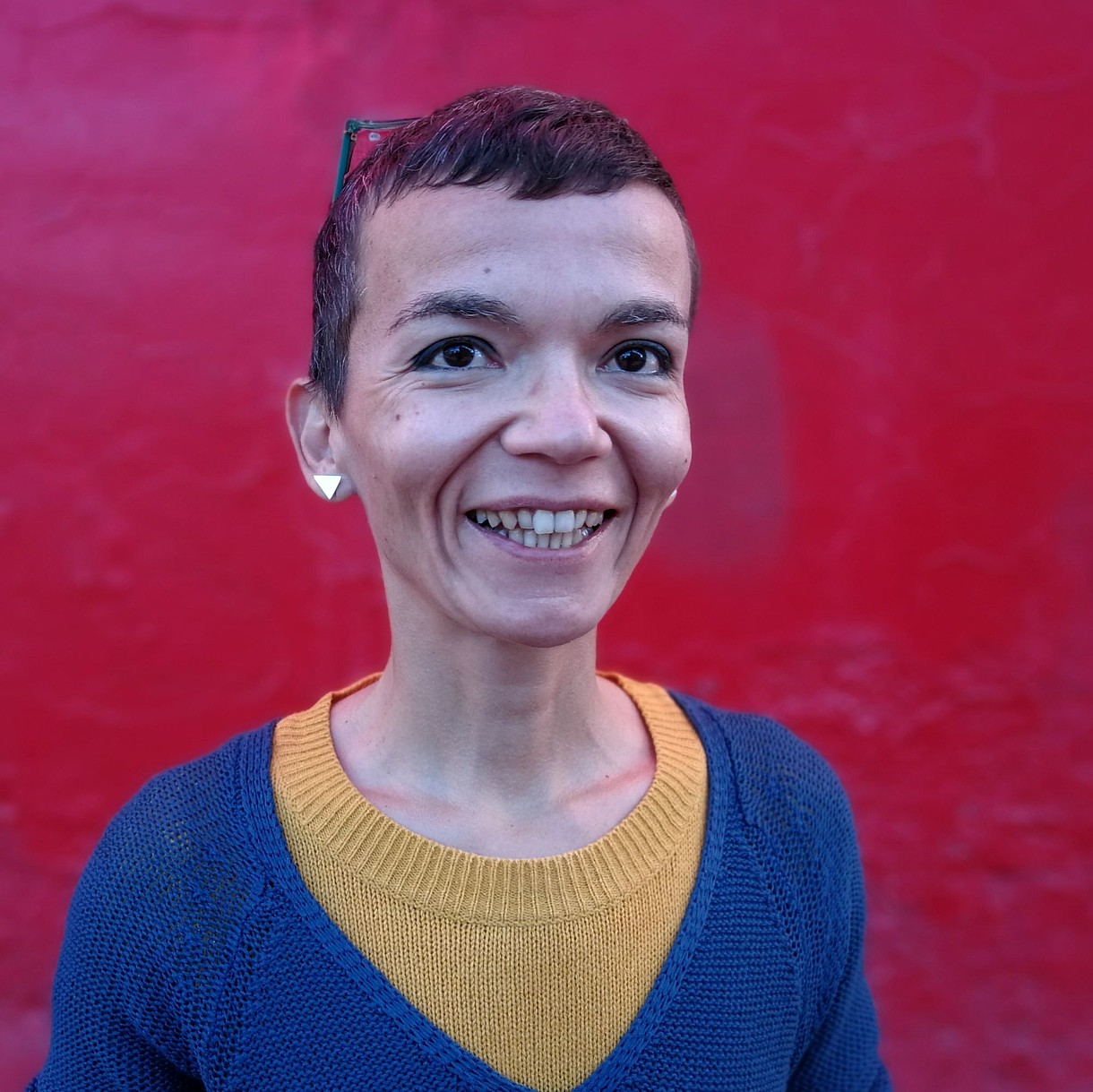She often organizes group exhibitions by working in teams, with a focus on the modern ways of appropriating surplus labour and eradicating leisure time. Among such projects are The Munchhausen effect: On time in times of having no time, 5020 Gallery, Salzburg, 2017 (with Anamarija Batista); Please empty your wallets, MMSU Rijeka and Emila Filla Gallery, Usti nad Labem, 2016, From within the giant's belly, MMSU Rijeka, 2015, Spajalica – series of interventions in public space, Rijeka, 2013 – 2015 (with Sabina Salamon and Nataša Šuković).
At NEMO’s European Museum Conference 2020, Ksenija Orelj will present the MoMCA - Museum of Modern and Contemporary Art in the special panel “Spotlight on Rijeka museums!” on 17 November.
MMSU Muzej moderne i suvremene umjetnosti / MoMCA Museum of Modern and Contemporary Art
The Museum of Modern and Contemporary Art (MMS MoCA), established in 1948 as Gallery of Fine Art, inhabited since 1956 in its long term premises on the second floor in Dolac Street, where it remained until 2017 when it moved to the current venue, a repurposed factory building of a former industrial complex. The history of renaming the institution from The Gallery of Fine Arts, Modern Gallery, to current Museum of Modern and Contemporary Art reveals the change in perspectives and developments of institutional policies, mission and understanding of art, unfolding exhibition histories as institutional histories. In the recent perspectives of collaborative international projects, the museum took an active part in projects such as Culture of dopolavoro; Soft Control; Risk Change; Smuggling Anthologies exploring relevant issues in the global horizon.
As a long-term initiative of digitalization and circulation of knowledge, the museum collections (paintings, sculptures, drawings, prints, posters, photographs, new media art, film and video) are accessible online. International perspective and collaboration, decentralization of art and culture, challenges and contradictions of the past and the future, the excitement of discovering new contemporary artists, the knowledge about the key works of the national art in dialogue with the international context… remain main trajectories of the museum concepts and methodologies.



